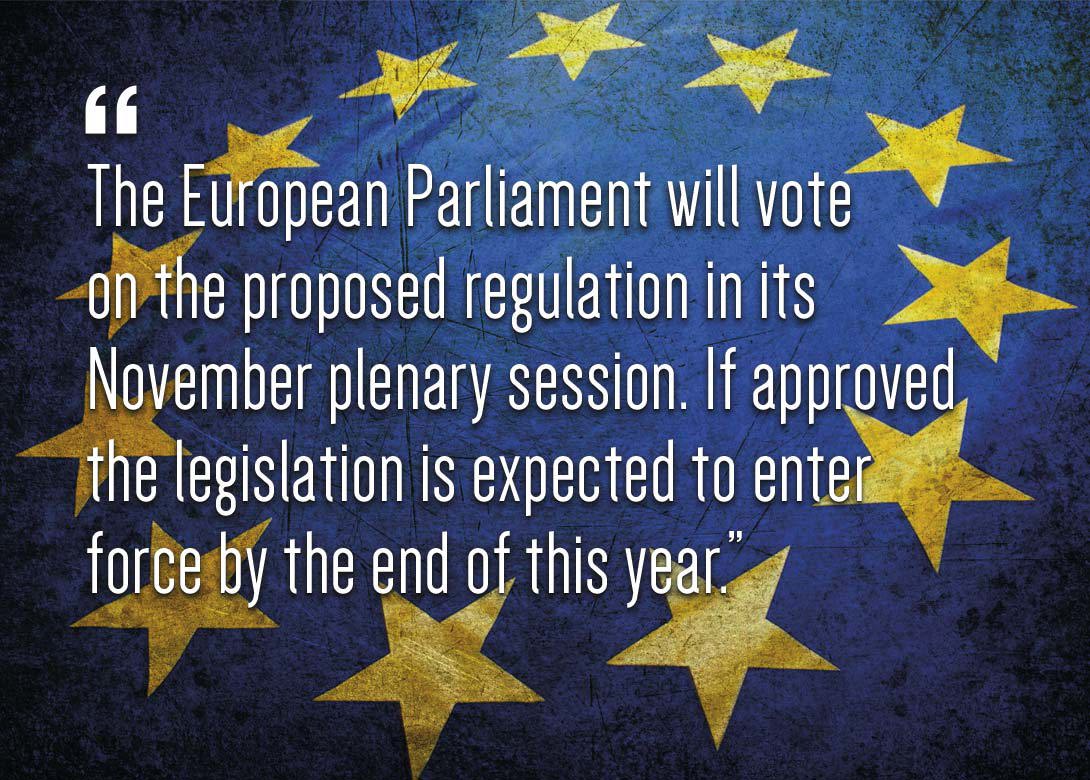
The long-standing log jam between the European Parliament and the Council appears to have been cleared, opening the way for a new regulation on EU anti-dumping methodology.
The European Parliament and Council have reached agreement on a Commission proposal for new anti-dumping methodology. The key development is over new methodology for calculating dumping margins from third countries, in situations where there is deemed to be significant market distortions or pervasive state influence on the economy. The long-term stumbling block has revolved around the market economy status of P.R. China – something that China has claimed as right since the 15 year anniversary of its WTO accession protocol in December 2016.
The EU Commission describes the solution as “country-neutral” and in full compliance with the EU’s WTO obligations. The new methodology will not make reference to the contentious “analogue country” system, which China rejects as no longer applicable to it and which has previously been criticised by the European Fastener Distributors’ Association for its lack of transparency. International labour and environment standards will, however, be taken into account – something that the European Parliament has been adamant in demanding.
The European Parliament will vote on the proposed regulation in its November plenary session. If approved the legislation is expected to enter force by the end of this year. Discussion on the wider modernisation of EU trade defence instruments are ongoing but negotiations could continue for some time.
In a report in China Daily, on 13th October, Chinese Commerce Ministry spokesperson, Gao Feng, said the European Union’s newly reached consensus lacks the legal basis of WTO rules and will have a negative effect as the WTO does not have the dumping related articles on labour and environment. He described the EU’s proposals as blurring the disparities between market and non-market economies.
The new methodology would authorise EU trade defence investigators to make comparisons with an appropriate representative country. Additionally, it would encourage investigators to take into account social and environmental issues in making this choice. This suggests the comparison in an anti-dumping case could actually prove more stringent than previously. Article 1 of the draft regulation provides other choices to determine normal value – undistorted international prices, costs or benchmarks or domestic costs of the exporting country established as not distorted.
The new rules will only apply to cases initiated after the legislation enters into force and ensures a transition period during current anti-dumping measures and ongoing investigations would remain subject to the existing legislation.
The Commission says that in determining distortions, several criteria will be considered, such as state policies and influence, the widespread presence of state-owned enterprises, discrimination in favour of domestic companies and the lack of independence of the financial sector. The Commission may draft reports for countries or sectors where it will identify distortions and the evidence collected in these reports will be available for future investigations and may also be used by EU industry bodies in making a case for trade defence measures.

Having held senior management roles in leading automotive and fastener businesses, Phil joined Fastener + Fixing Magazine as editor in 2002. Convinced there is no substitute for ‘being there’, over 17 years of visits and interviews around the world means he has accumulated an extraordinary knowledge and perspective of the global fastener industry, reflected in his incisive and thought provoking reporting.
Don't have an account? Sign Up
Signing up to Fastener + Fixing Magazine enables you to manage your account details.